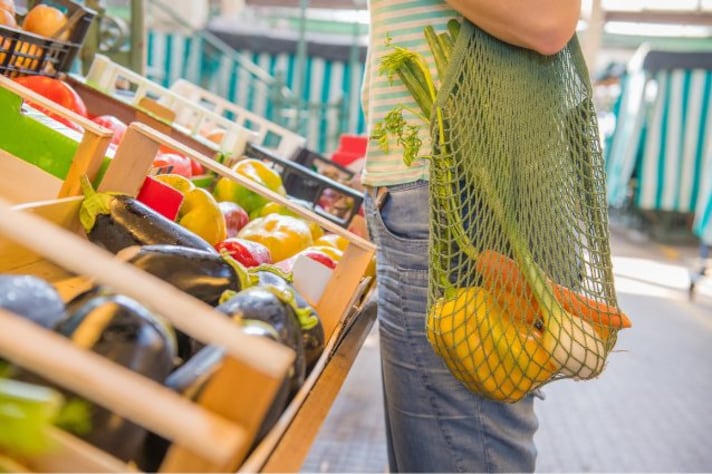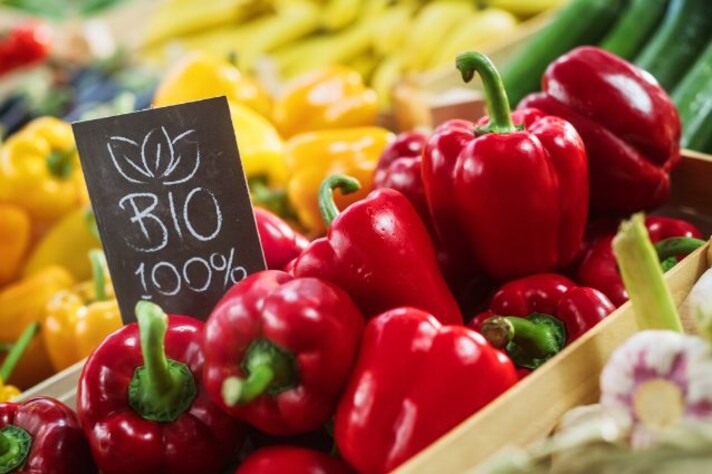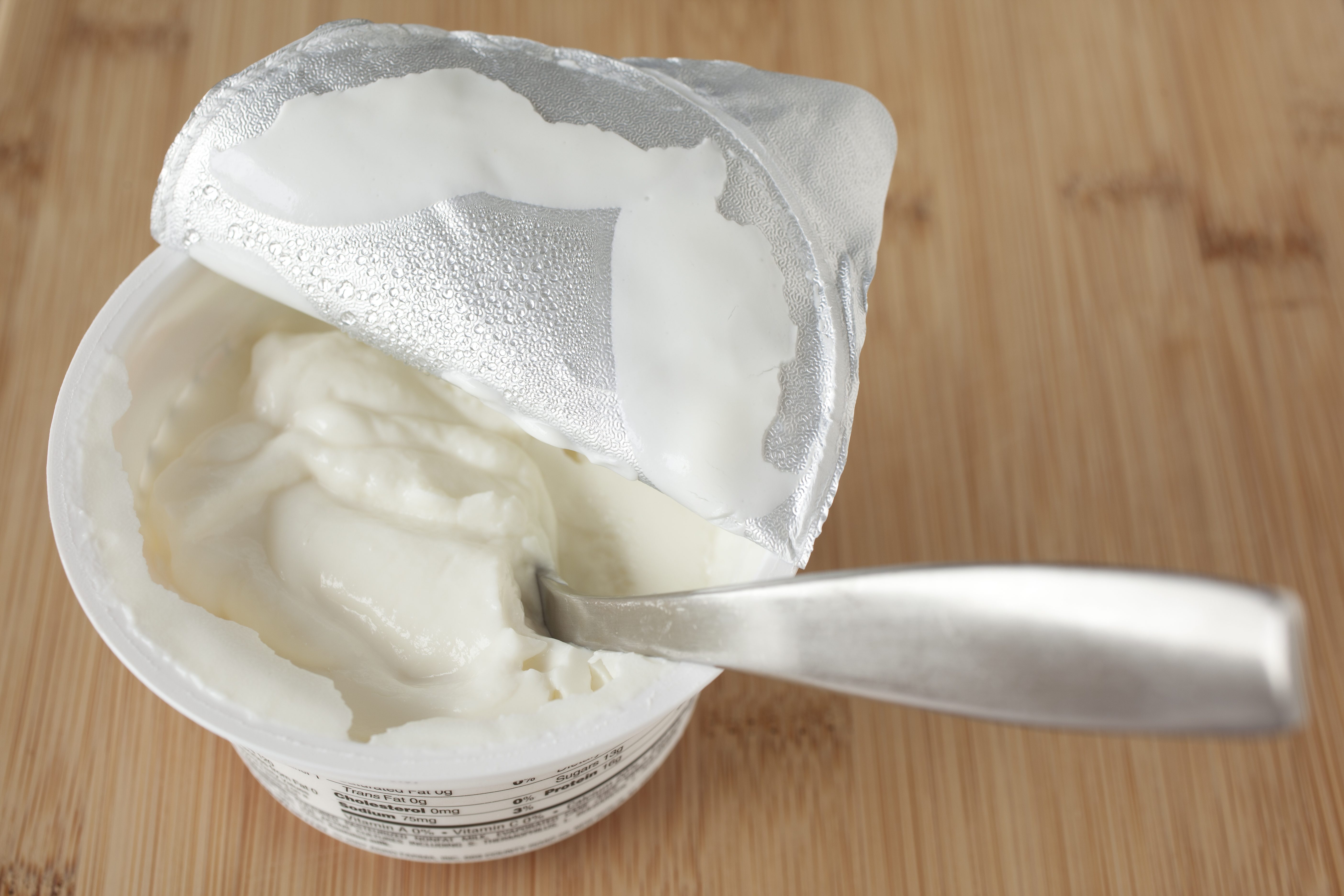What’s The Scam Behind “Organic” Foods That Makes You Pay More Than You Actually Should
The "organic" label on food might be more marketing than substance, as organic foods aren't necessarily healthier, pesticide-free, or better for the environment. While the label suggests higher quality, the benefits are often overstated, and the premium price may not be justified.

The word "organic" often conjures up images of pristine fields, free from chemicals, where crops grow in harmony with nature. It’s a label that has become synonymous with health, sustainability, and superior quality. But as the organic food industry balloons into a $180 billion market, there’s a growing concern that the label might be more about marketing than substance. Could it be that the "organic" sticker slapped onto our food is just a clever way to make us pay more? Let’s dive into this debate and see if the organic label really lives up to its wholesome image—or if it’s just a costly myth.
Is it All Marketing or Reality?
The rise of organic foods has been meteoric, driven by consumers who believe they are making healthier, more environmentally friendly choices. The appeal is undeniable: organic foods are marketed as being free from synthetic pesticides, fertilizers, and genetically modified organisms (GMOs). But the reality is more complex. Many studies have shown that organic foods are not necessarily more nutritious than their conventionally grown counterparts. In fact, the notion that "organic" automatically means "healthier" is a perception carefully cultivated by marketing rather than grounded in solid scientific evidence.

Not as Clean as You Think
One of the biggest selling points for organic foods is the claim that they are grown without synthetic pesticides. However, this doesn’t mean they are pesticide-free. Organic farming does use pesticides—just naturally derived ones. But natural doesn’t always mean safe. Some organic-approved pesticides can be just as harmful as their synthetic counterparts, if not more so. Furthermore, studies have shown that residue levels on conventional produce are well within safety limits set by regulatory bodies. So, paying extra for organic to avoid pesticides might not be as necessary—or as effective—as many believe.
The Environmental Impact
Another key reason consumers choose organic is the belief that it’s better for the environment. Organic farming is often touted as being more sustainable, but this too is a matter of debate. Organic crops typically yield less than conventional crops, which means more land is required to produce the same amount of food. This could lead to deforestation and other environmental issues. Additionally, organic farming often relies on practices that can be less efficient and more resource-intensive. So, while the organic label might make us feel good about our choices, it doesn’t automatically mean those choices are better for the planet

Are You Paying More for Less?
One of the most noticeable differences between organic and conventional foods is the price. Organic products often come with a hefty premium, sometimes double the cost of non-organic options. But are they worth the extra money? The higher cost is often justified by the perceived benefits of organic food—better health, a cleaner environment, and more ethical farming practices. However, if these benefits are overstated, as some critics argue, then paying more for organic may not be justified. The premium price might reflect the cost of certification and marketing rather than actual value to the consumer.
Can You Trust the Organic Label?
This brings us to the crux of the matter: can you trust the organic label? While organic certification is a rigorous process, it’s not foolproof. The organic food industry is not immune to fraud, and there have been cases where products labeled as organic didn’t meet the required standards. Furthermore, the definition of "organic" can vary between countries, leading to inconsistencies. In some cases, the organic label might reflect the minimum standard required for certification, rather than the idealized vision of organic farming that consumers expect. So, while the organic label does indicate a certain level of care in production, it’s not a guarantee of superiority.
;Resize,width=767;)

;Resize,width=712;)
;Resize,width=712;)
